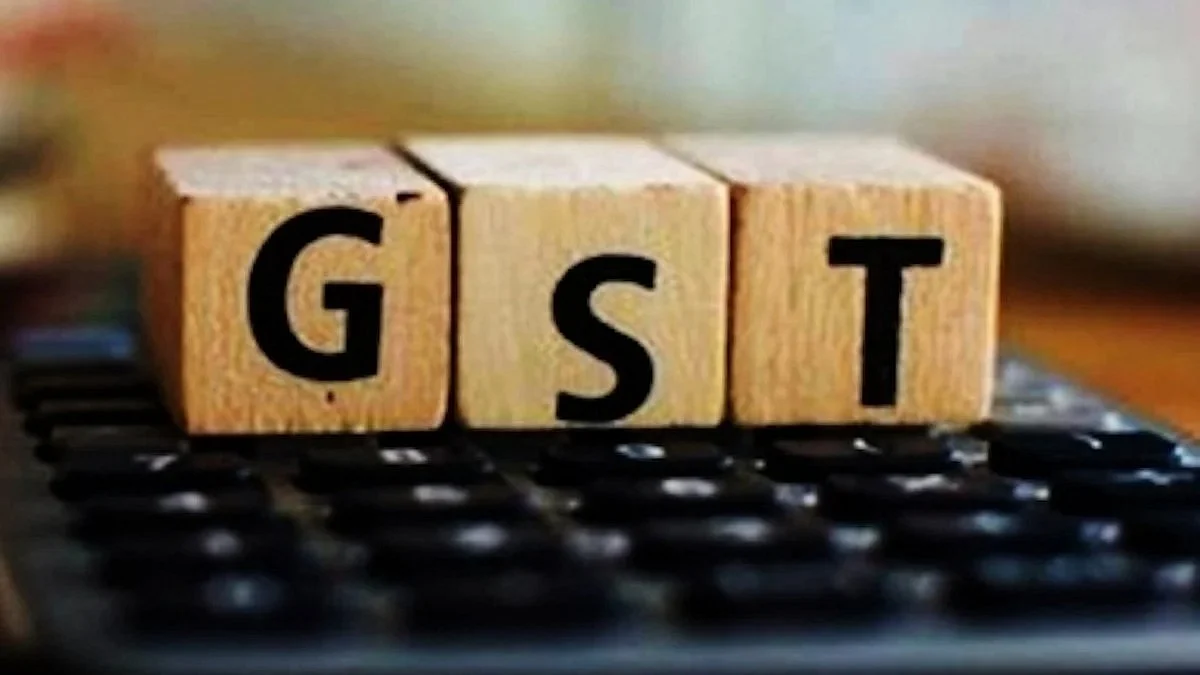GST reforms: Why consensus depends on Centre compensating states
State governments are opposed to any sharp contraction in tax receipts; crucial GST council meet on Wednesday, 3 September

As the GST Council convenes for a two-day meeting tomorrow, the sharpest point of contention will not be the prime minister’s Diwali deadline for “next generation” reforms but the question of how states will be compensated for the sweeping changes proposed.
The reforms may promise to simplify the tax structure and lower rates on essential goods and services, but state governments fear they will be left grappling with substantial revenue shortfalls.
At the heart of the matter is Prime Minister Narendra Modi’s commitment to roll out a new GST regime by Diwali 2025. The proposed overhaul includes compressing the current four-tier structure into two principal slabs of 5 per cent and 18 per cent, while retaining exemptions on essentials such as food, medicines, and education.
In addition, a higher 40 per cent rate is to be imposed on sin and luxury goods, covering items such as alcohol, tobacco, and cigarettes. While the Centre frames the move as a “Diwali gift” to consumers and MSMEs by reducing prices and simplifying compliance, the states have argued that the real cost will be borne by them.
With many items expected to shift from the 12 per cent slab down to 5 per cent and from the 28 per cent slab down to 18 per cent, state governments will come in for a sharp contraction in tax receipts.
Opposition-ruled states, including Kerala, Karnataka, Tamil Nadu, West Bengal, Punjab, Jharkhand, Telangana and Himachal Pradesh, have warned that the proposed rationalisation could strip between Rs 85,000 crore and Rs 2 lakh crore annually from their treasuries.
These estimates amount to a 15–20 per cent erosion of their GST revenue base. Telangana alone projects a Rs 7,000 crore loss.
The looming end of the compensation cess in March 2026 has intensified demands for an alternative mechanism. States are pressing for a minimum five-year compensation guarantee, using 2024–25 as the base year, and protection of at least 14 per cent revenue growth per annum that mirrored the terms they enjoyed in the first five years of GST.
Without such a safeguard, finance ministers warn that vital welfare schemes, infrastructure projects and development spending will be compromised.
Several states have also urged the Centre to impose an additional levy on top of the proposed 40 per cent slab for sin and luxury goods, with the proceeds earmarked entirely for states.
They argue that since states shoulder nearly two-thirds of welfare and development responsibilities but command only a minority of revenue sources, fiscal erosion will exacerbate their dependence on the Centre.
Political undertones are evident. Tamil Nadu’s chief minister has cautioned that without adequate compensation, the reforms will not deliver genuine benefits to citizens.
Karnataka’s finance minister has warned of the impact on development spending in an already strained budget, while Jharkhand’s Finance Minister has hinted that states may resort to “democratic measures” if their demands are sidelined.
For the Centre, the reform agenda is framed as a balancing act between economic stimulus and administrative efficiency. By reducing rates and broadening lower slabs, New Delhi hopes to boost consumption and energise MSMEs, thereby giving the economy a festive lift. Yet these objectives risk colliding with the states’ demand for fiscal stability.
The GST Council’s deliberations over the next two days will therefore carry significance well beyond technical adjustments to tax rates. They will test the contours of cooperative federalism itself. States are signalling that they will not act as passive signatories to reforms dictated from the Centre.
For Prime Minister Modi, who has set a celebratory Diwali 2025 timeline, consensus will be as crucial as the reforms themselves. Without a credible compensation framework, the “Diwali gift” risks becoming a political flashpoint.
Follow us on: Facebook, Twitter, Google News, Instagram
Join our official telegram channel (@nationalherald) and stay updated with the latest headlines
